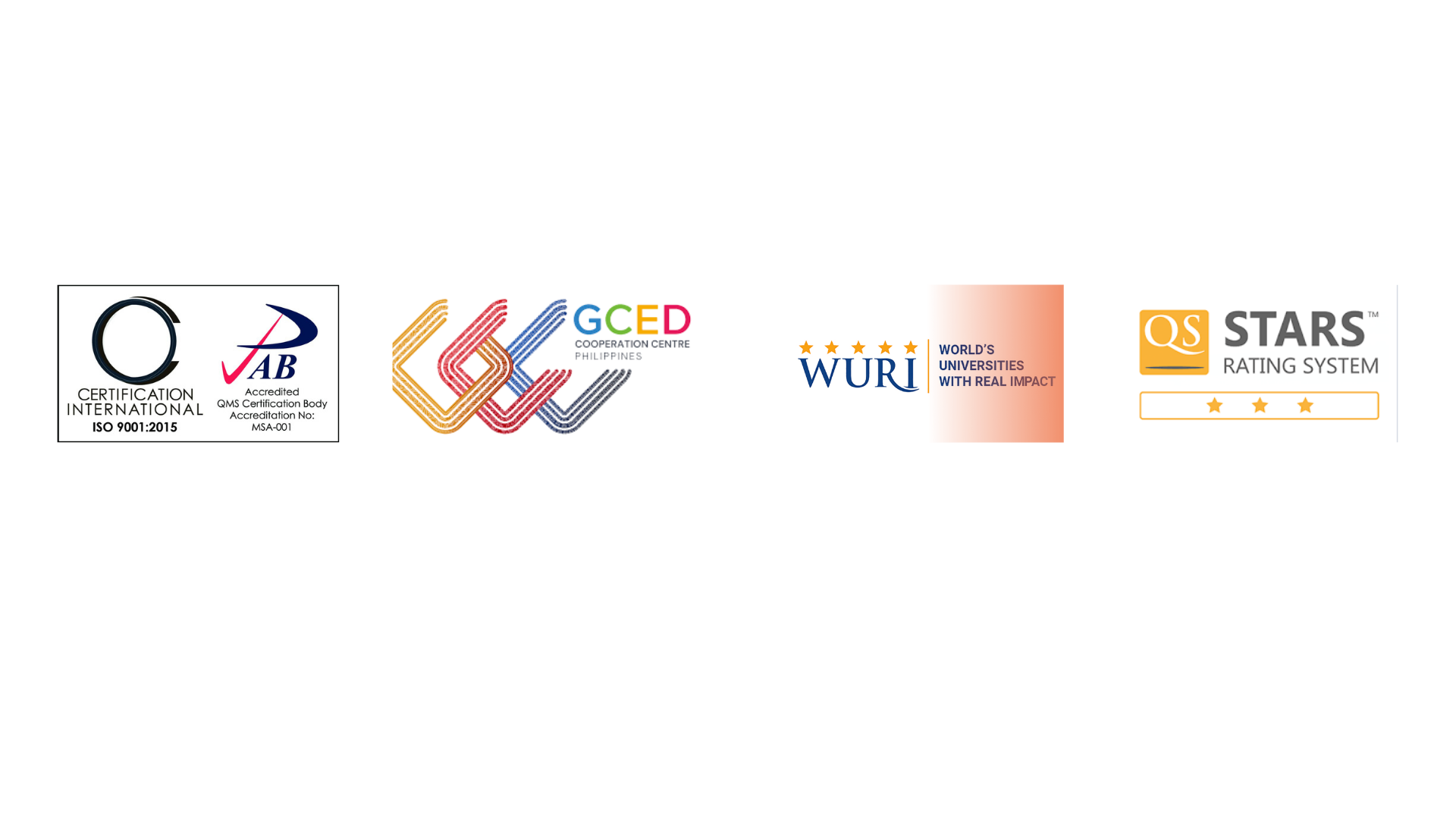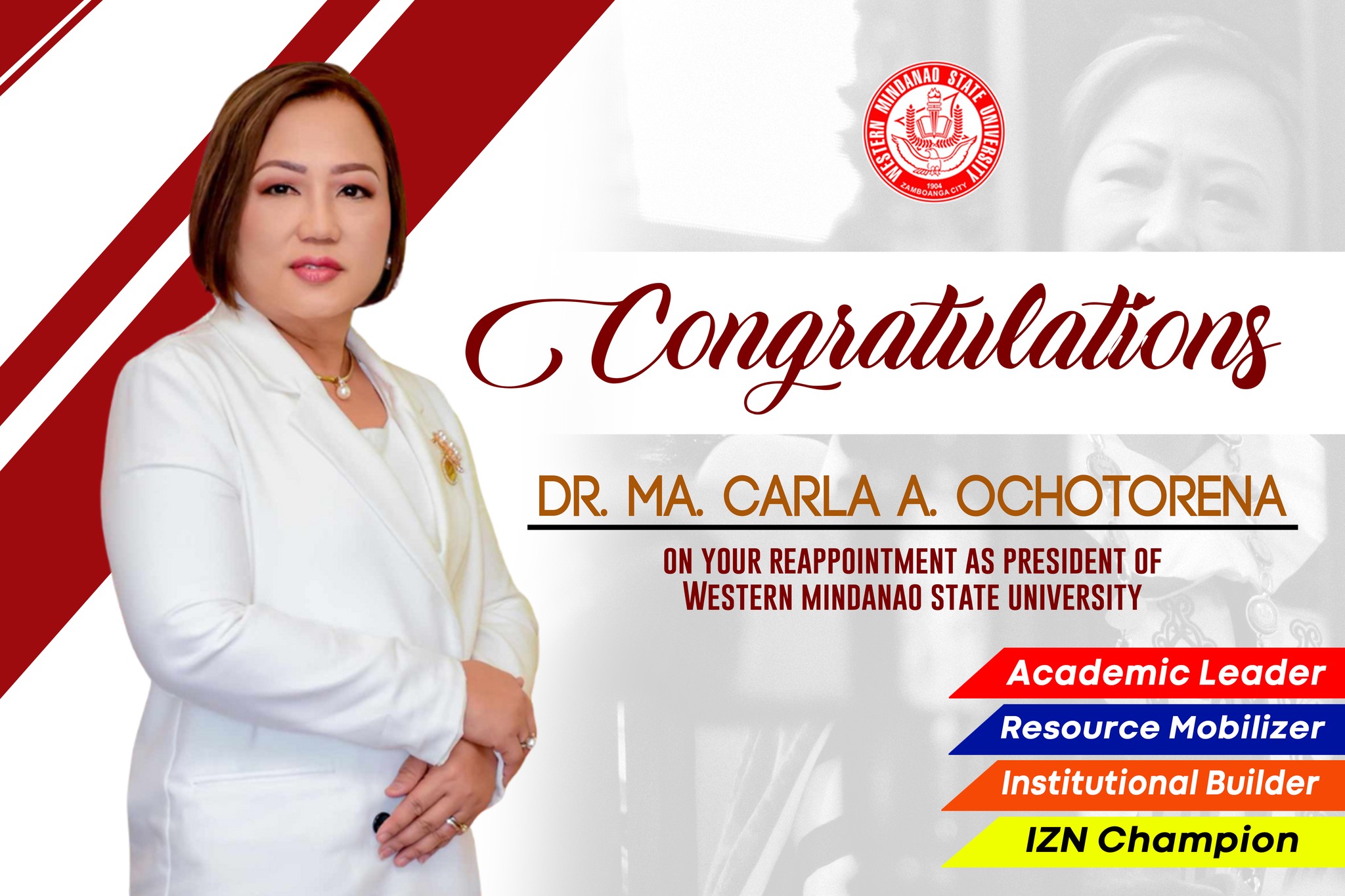
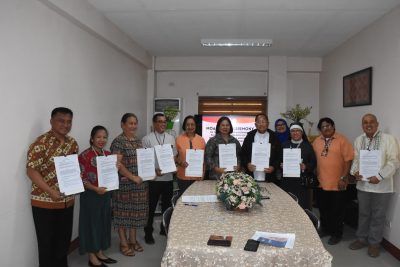
Demonstrating its leadership in environmental innovation and sustainable development, Western Mindanao State University (WMSU) formalized a partnership with the Immaculate...
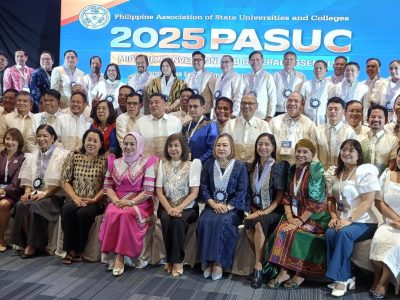
University President Dr. Ma. Carla A. Ochotorena, Regional Chairperson of the Philippine Association of State Universities and Colleges (PASUC), participates...
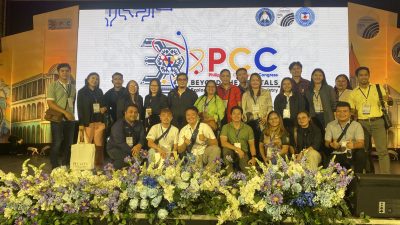
True to the vision of WMSU President Dr. Ma. Carla A. Ochotorena to establish Western Mindanao State University as a...
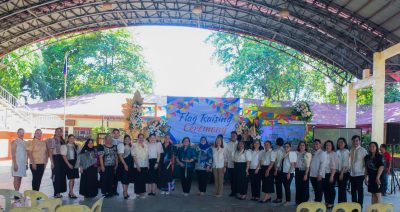
The first week of July marks the beginning of a long-standing celebration of Nutrition Month. With vibrant energy and a...

Western Mindanao State University (WMSU) through its Research and Innovation Center for Metals and Engineering (RICME), has partnered with Cagayan...

Western Mindanao State University (WMSU) once again proves its excellence in storytelling and socially relevant filmmaking as its BA Broadcasting...

Western Mindanao State University (WMSU) is currently conducting fumigation activities across its campus grounds today, June 27, 2025, as part...

To further strengthen regional research, development, and innovation capacities, the DOST NICER (Niche Centers in the Regions for R&D) Program...
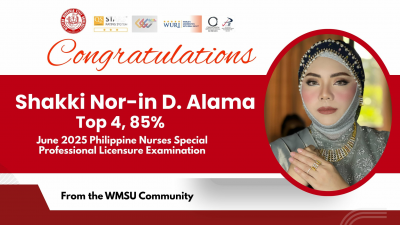
Western Mindanao State University proudly celebrates Shakki Nor-in D. Alama for placing 4th in the June 2025 Philippine Nurses Special...
